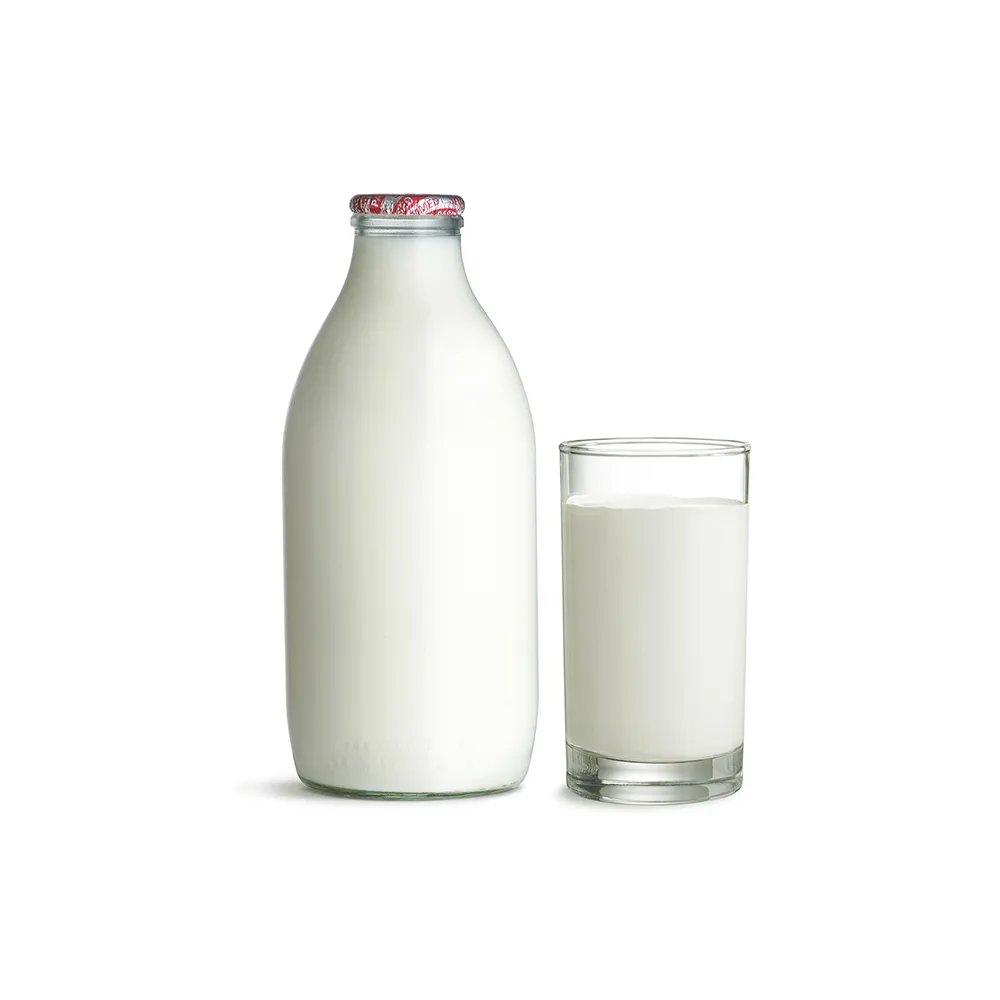
| Glycemic Index | Glycemic Load |
85.0
|
5.5
|
The glycemic index (GI) of rice milk equals to 85.0, which classifies it as a high GI food. The glycemic load (GL) of rice milk is equal to 5.5, which classifies it as a low GL food.
| Nutrition Facts | |
| Calories (kcal) | 30.0 |
| Carbohydrates (g) | 6.5 |
| Proteins (g) | 0.6 |
| Fats (g) | 0.1 |
100 grams of rice milk contain 30.0 kcal (126 kJ), 0.6 grams of proteins, 6.5 grams of carbohydrates, and 0.1 grams of fats.
Rice milk is a dairy-free and vegan alternative to cow’s milk. It can be made from white or brown rice, though the latter has more nutritional value as it contains more vitamins, minerals and fiber than its counterpart. Rice milk is much lower in fat compared to other types of plant milks and also doesn’t contain any cholesterol. When fortified with calcium and Vitamin D, it can provide similar levels of these nutrients compared to cow’s milk making it an excellent substitute for people who are lactose intolerant or have dietary restrictions such as veganism. However, while some brands do fortify their products with extra vitamins and minerals that make them nutritionally comparable to cow’s milk; others may not offer this option so you should check labels carefully before buying if nutrition content is important for you. Additionally, those looking specifically for protein would find other alternatives such as soy or almondmilk better options since rice milks typically contain less protein per cup than either one of those two kinds of plant-based substitutes which might affect muscle growth depending on individual needs.